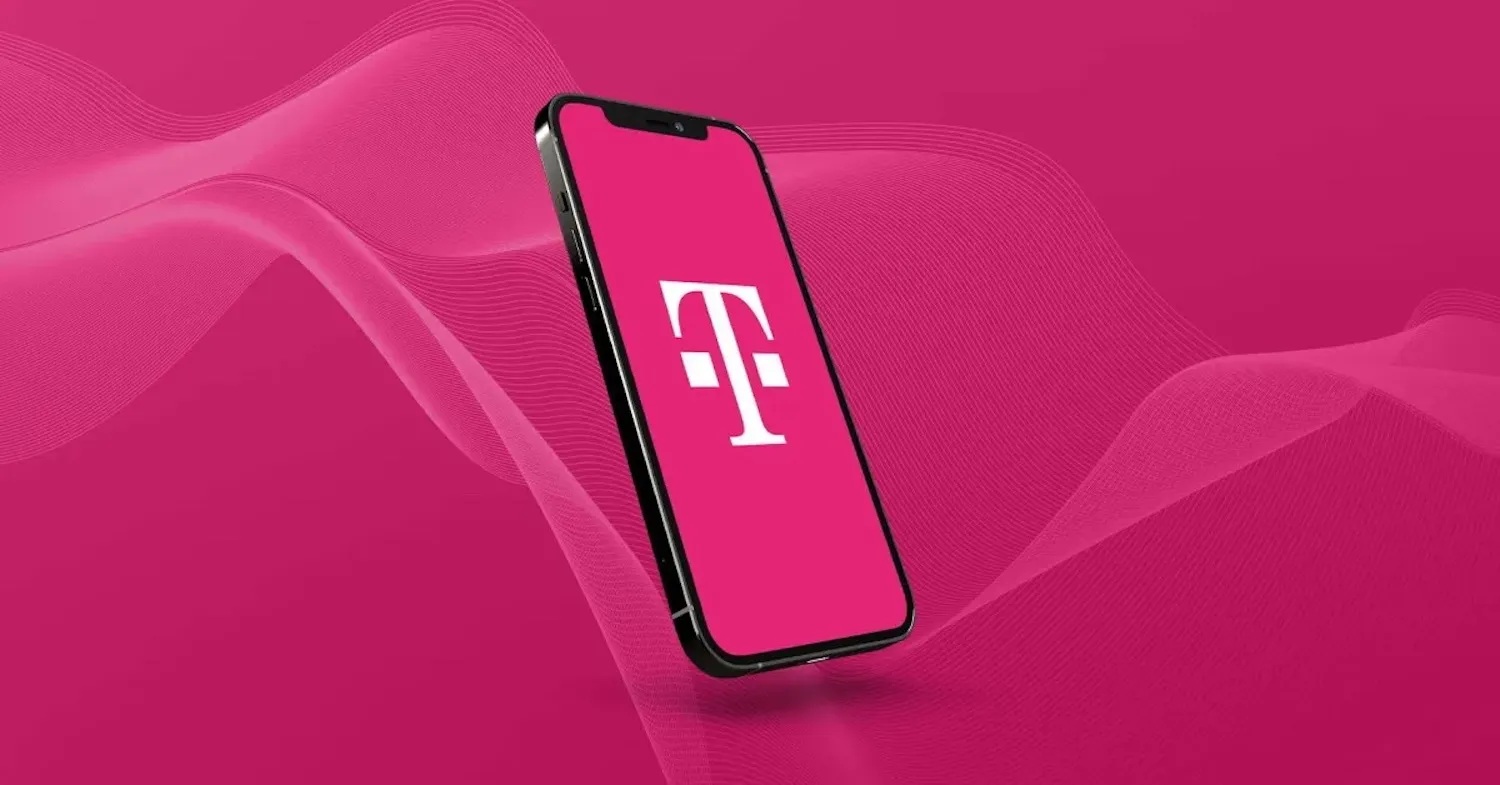In a bold appeal to T-Mobile, voices from within and outside the company are clamoring for significant reforms. The wireless giant once celebrated for its customer-centric innovations under the leadership of John Legere, now faces criticism for practices that seemingly exploit consumers. The current CEO, Mike Sievert, is at the center of these demands, with many urging a return to the company’s pioneering “Un-carrier” days to address these pressing issues.

T-Mobile: Persistent Problems with Unauthorized Charges
Recent reports and customer testimonials have brought to light an unsettling trend involving unauthorized charges on customer accounts. These include recurring fees for unwanted accessories, additional lines, and even equipment insurance that customers explicitly declined. One incident involved a customer who, after setting up an account through a Costco-T-Mobile representative, found unexpected charges for a Samsung charger and multiple insurance policies he had not agreed to. Such experiences are not isolated, pointing to a systemic issue within the company’s sales practices.
The Pressure on Sales Representatives
The root of these unauthorized charges appears to be the intense pressure on T-Mobile’s sales representatives. To meet stringent sales metrics and secure their income, reps are often compelled to add extra items to customer orders without consent. The practice not only betrays customer trust but also places the reps in a precarious moral and financial position. This sales-driven approach has drawn comparisons to the mistrust typically reserved for used car salesmen, underscoring the severity of the issue.

A Legacy of Innovation at Risk
Under John Legere’s leadership, the company was known for disrupting traditional mobile carrier practices, such as eliminating two-year contracts and introducing more transparent payment plans. These changes were usually heralded at T-Mobile’s Un-carrier events, which became symbolic of the company’s commitment to putting customers first. The current dissatisfaction among customers suggests a departure from these values, prompting calls for a radical overhaul of the compensation systems that currently incentivize deceptive sales tactics.

Proposed Solutions and the Path Forward
Critics and consumers alike are proposing that the wireless giant should revisit its approach by organizing another Un-carrier event, this time focusing on reconstructing the compensation model for sales reps. Such a move would not only demonstrate the company’s dedication to its foundational principles but could also set a new standard across the industry, potentially prompting other carriers to follow suit. As the Wireless brand stands at this crossroads, the decision it makes could well determine its place in the competitive and fast-evolving wireless market.
In summary, the growing discontent among T-Mobile customers highlights a crucial moment for the company. By addressing these issues head-on and reinstating policies that prioritize consumer welfare and trust, T-Mobile has the opportunity to restore its reputation and continue leading the industry toward greater transparency and integrity.










